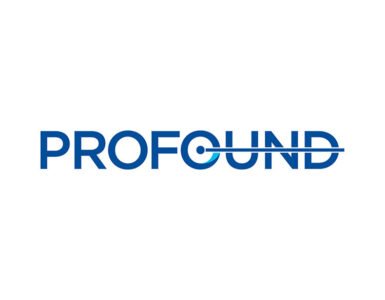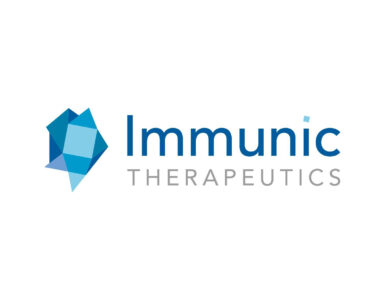
Neovasc (NASDAQ:NVCN) provided an update on the clinical experience with its Tiara transcatheter mitral valve, sending the shares up 50% to $2.14 at midday Dec 6.
Tiara is a novel transcatheter device designed to treat mitral regurgitation (MR), a condition that is often severe and can lead to heart failure and death.
To date, 22 patients have been treated with the Tiara valve at medical centers in Canada, the U.S. and Europe, with more implantations scheduled for the coming weeks. The technical success rate in these implantations was 19/22, or 86%. In these technically successful implantations, paravalvular leak levels were reported as mild, trace or absent in 100% of cases.
All cause 30-day mortality in the 19 patients, who have reached 30 days post-implant with Tiara is 15.7% (3/19). The three remaining patients treated within the last 30 days are recovering well. There has been no 30-day mortality reported in any of the last eight patients treated over a month ago.
To date, the longest patient follow up available is nearing three years post- implant, where the Tiara valve remains fully functional. There have been no reported adverse events related to the valve performance, no frame fractures, or any device performance issues observed with the Tiara in any patient follow-up.
“Tiara’s unique shape and trigonal tab anchoring system enables the device to be securely implanted with reduced risk of projecting into the LVOT or potentially interfering with prosthetic aortic valves, which are commonly present in this patient population,” CEO, Alexei Marko, said in a statement.
“Furthermore, the Tiara anchoring system does not rely significantly on the integrity of the native mitral leaflets and therefore can be suitable for certain degenerative MR patients with flail leaflets or calcification,” he added. “It has also been successfully shown that the design of Tiara makes it suitable for certain cases where mitral rings have been previously implanted in patients.”






